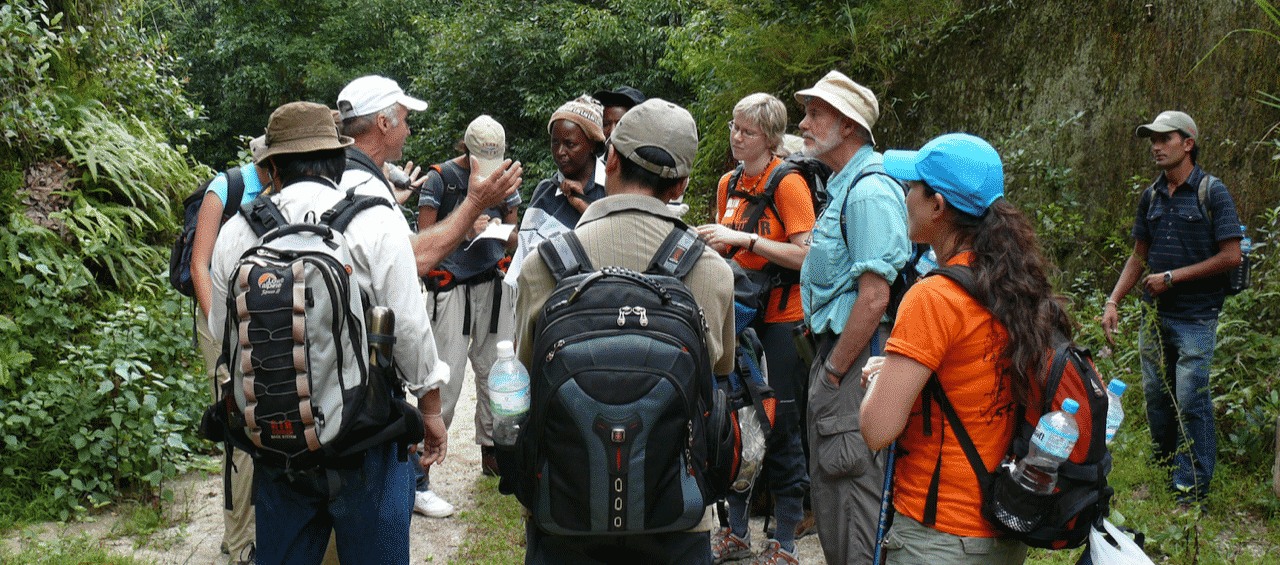An Online Master’s Degree in Applied
Community Development
Become a change agent with project-based learning in your own community
For more than 30 years, Future Generations has helped communities discover new ways of organizing and improving their lives while coaching governments and other entities in new modes of sustainable development. You will learn in your community and apply lessons directly to projects where you are already engaged. Accelerate your career and graduate with:
- The ability to engage in a community-based approach to organize, research, evaluation, for social change
- The skill to channel the human energy within a community to help shape its own future
- A keen understanding of global trends, challenges, and opportunities confronting communities and strategies for how to address them to improve lives
- Ability to demonstrate leadership, strategy, project management, and critical thinking skills to implement social change
Admission Requirements
- A resume highlighting professional and volunteer experience
- University transcripts
- Personal statement of commitment to your community
- Reference letter
- Reliable internet connection
Alternative Admissions Process
Don’t have a bachelor’s degree? You may be able to qualify for the master’s program without a bachelor’s if you demonstrate that you can perform at a graduate level. Simply enroll and receive a B or better in 4 courses, after which you will qualified for admission to the MA program based on your proven performance. Click here for more information.
An Affordable, Life-changing education
Gain a life-changing education—not student loans. Future Generations University is committed to empowering students to transform their lives and their communities. We offer one of the most affordable master’s degrees in the United States. With tuition at only $19,200 for the degree and a variety of needs-based scholarships available to qualifying individuals, we welcome you to deepen your impact, not your debt.
Key Dates
Application Deadlines
Fall 2022 – July 15, 2022
Spring 2023 – January 6, 2023
Semester Dates
Fall 2022: August 15 – December 9, 2022
Spring 2023 – February 6 – June 2, 2023
| Tuition | |
| Admitted Students | |
| Cost Per Credit Hour | $600 |
| Prior Learning Assessment Fees | |
| Cost per Credit hour | $165 |
Get Credit for What You Know
We are an applied institution, and learning doesn’t only happen in the classroom. Your experience in community development can earn you credit for what you already know. A Prior Learning Assessment will ensure you get the credit you have already earned and only take the courses you will need to graduate.
Need-based Financial Aid
As part of our commitment to reach the most students, we offer need-based scholarships to qualifying individuals. Admissions decisions are need-blind. Once you are admitted to the university, we will work with you to figure out how to best fund your education.
For more information contact Chris:
chris. roper@future.edu
Quick Links:
Forms
Financial Aid Forms
Financial Aid Resources
Payment Options

